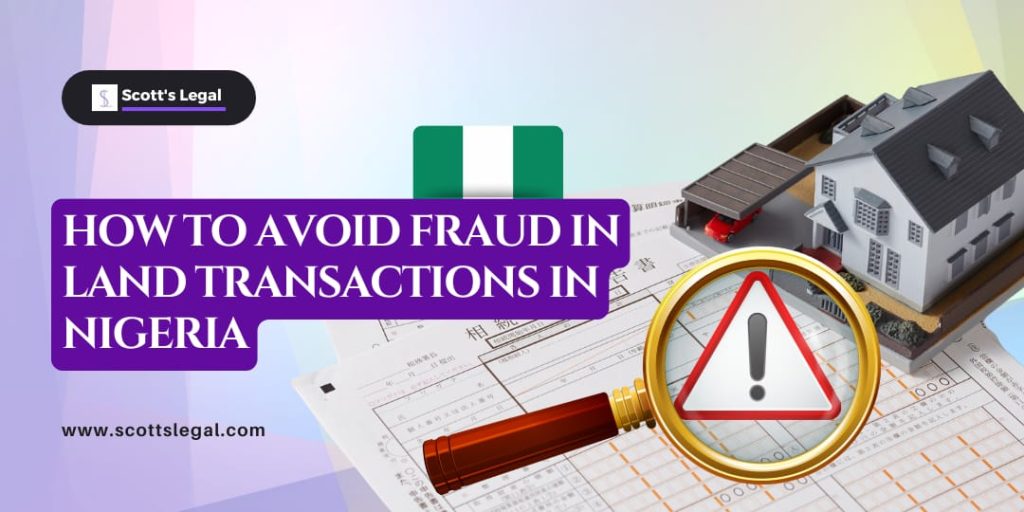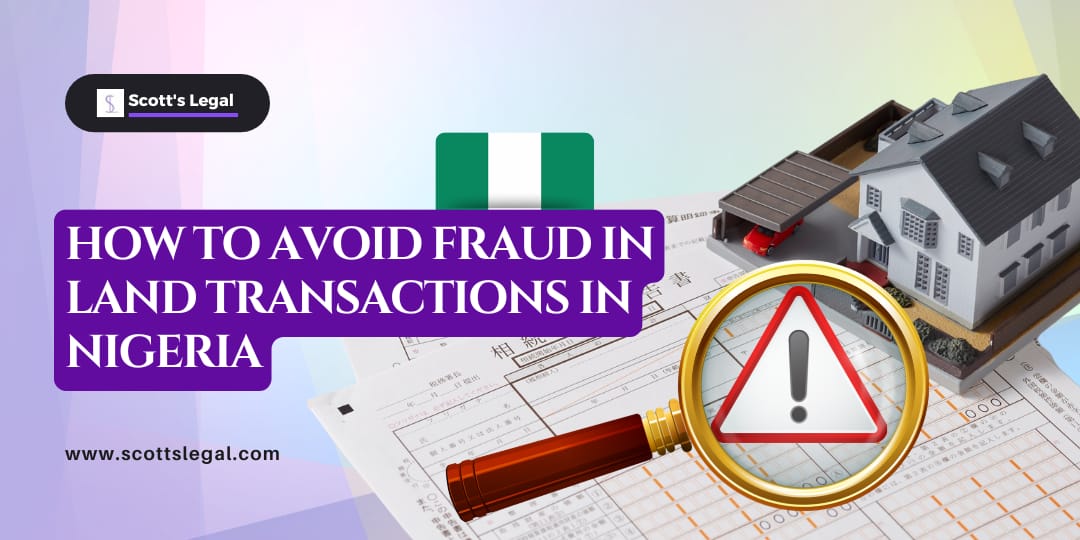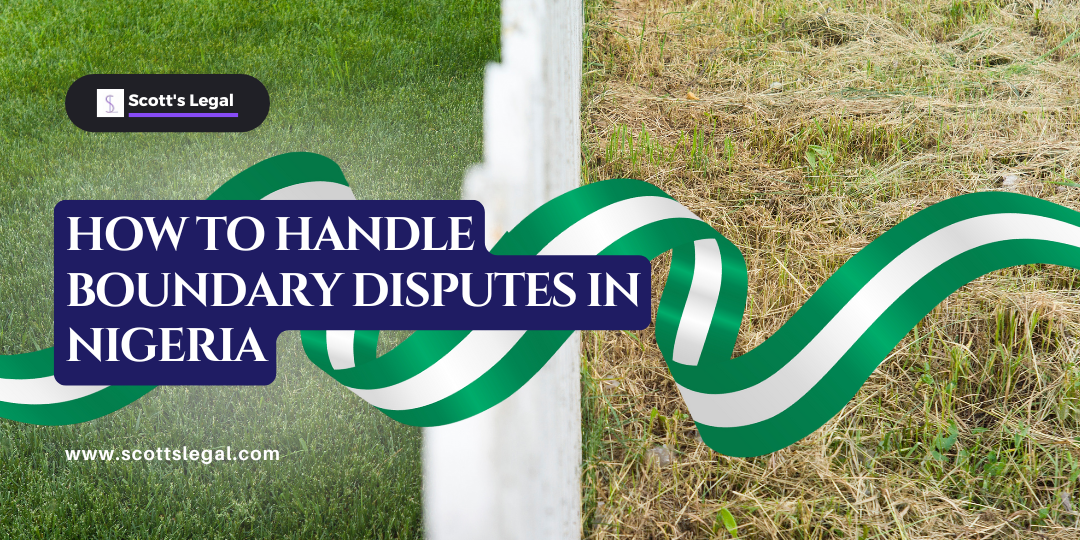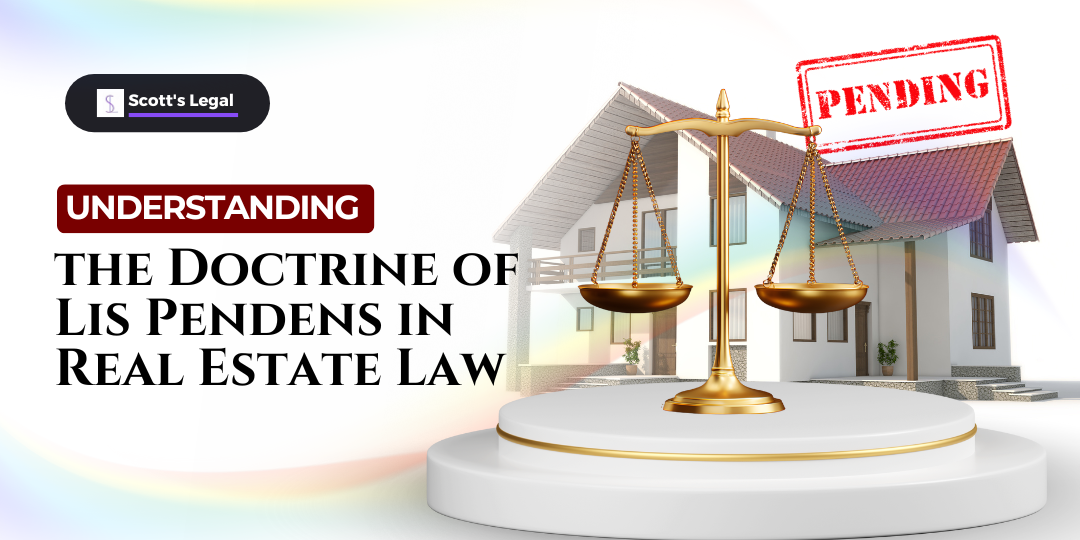Understanding how to avoid land fraud in Nigeria isn’t just about being careful; it’s about following the right legal steps. Whether you’re purchasing land in Lagos or investing in other states, your safest route is through vigilance, professional guidance, and strict compliance with Nigerian property laws.
Real estate investment in Nigeria offers lucrative opportunities but also serious risks. From forged title documents to multiple sales of the same land, property fraud in Nigeria has left many investors counting heavy losses.
Therefore, it is vital to understand how to avoid land fraud in Nigeria and not be a victim due to ignorance.

Avoid Land Fraud in Nigeria Following These Essential Legal Steps
This guide outlines 12 essential legal steps to protect yourself and ensure a safe land purchase in Nigeria.
1. Conduct Thorough Due Diligence
Due diligence is the backbone of any secure land transaction. It involves verifying all property details and ensuring that the seller has legitimate ownership.
Key Due Diligence Steps
| Verification Area | What to Check |
|---|---|
| Title Documents | Request the original Certificate of Occupancy (C of O), Deed of Assignment, Gazette (for excised land), or Customary Right of Occupancy. Conduct a search at the State Land Registry to confirm authenticity. |
| Survey Plan Verification | Hire a licensed surveyor to confirm the land’s boundaries and ensure it’s not within a government-acquired or restricted area. |
| Encumbrance Check | Verify that the land is free from mortgages, liens, or family disputes. |
| Litigation Search | Search court records at the High Court or Magistrate Court to confirm no pending cases exist. |
Skipping due diligence can expose you to land scams in Lagos and other parts of Nigeria, where fake sellers prey on uninformed buyers.
2. Confirm the Seller’s Identity and Authority
Fraudsters often impersonate property owners. Before you proceed with payment:
- Verify the Seller’s Identity: Request valid identification such as a National ID, international passport, or driver’s license. Ensure the seller’s name matches the name on the title documents.
- Confirm Ownership: For family or community-owned land, obtain written consent from the family head or community leaders.
- Check Power of Attorney: If a third party is selling on behalf of the owner, confirm that the Power of Attorney is authentic and registered.
A mismatch in names, conflicting signatures, or unclear ownership are immediate red flags in preventing real estate fraud.
3. Engage Qualified Professionals
Real estate transactions are legal in nature, and professional guidance can save you from costly mistakes.
Key Professionals to Engage
- Property Lawyer: A real estate lawyer in Nigeria ensures compliance with land laws, conducts due diligence, drafts your documents, and includes clauses protecting you from fraud or misrepresentation.
- Licensed Surveyor: Confirms that the land exists physically and matches its survey plan.
- Reputable Agent: If using an agent, verify that they are registered and licensed by the relevant professional body.
Working with a lawyer experienced in property fraud cases ensures every part of your transaction is properly verified and documented.
4. Insist on Proper Documentation
Fraudulent land sales often rely on incomplete or forged documents. To safeguard your transaction:
- Deed of Assignment: Ensure it is executed and signed by both parties, witnessed, and properly stamped.
- Governor’s Consent: As required under Section 22 of the Land Use Act, all transfers of land with a Statutory Right of Occupancy must obtain the Governor’s consent. Without it, your title remains defective.
- Registration: Register the transaction at the State Land Registry. This step perfects your title and prevents future third-party claims.
Proper documentation is your legal proof of ownership. Without it, you may lose both the land and your investment.
5. Avoid Cash Transactions
Always use traceable payment methods. Opt for bank transfers or certified cheques rather than cash. This creates a clear transaction trail and evidence of payment.
Request receipts for every transfer and keep copies of bank confirmations. These records are invaluable in the event of disputes or investigations.
6. Verify the Land’s Status
Many unsuspecting buyers lose money purchasing government-acquired land or plots designated for public projects. To confirm land status:
- Conduct a search at the State Ministry of Lands.
- Avoid unexcised or ungazetted land.
- Request a survey overlay from the Surveyor-General’s office to confirm that the land is safe for private acquisition.
A quick verification today can save you from demolition or repossession tomorrow.
7. Beware of Omo Onile (Land Grabbers)
In states like Lagos and Ogun, Omo Onile (self-proclaimed landowners) are notorious for harassment and extortion.
To avoid these issues:
- Confirm ownership before any payment.
- Avoid lands sold by unauthorized family members.
- Report harassment to the State Task Force on Land Grabbers or the police.
Remember, a legitimate property should come with verifiable ownership, not constant threats or demands.
8. Be Wary of Too-Good-to-Be-True Offers
One of the most common land scams in Lagos involves properties sold at suspiciously low prices. Beware of:
- Deals far below market value.
- Sellers pushing for urgent payment.
- Missing or unverifiable documents.
When a property deal seems too good to be true, it often is.
9. Conduct Physical Inspection
Never buy land you haven’t seen. Visit the site with your lawyer and surveyor to:
- Confirm the land exists.
- Check for encroachments or structures.
- Verify access roads and boundaries.
Physical inspection ensures what’s on paper matches the reality.
10. Involve Witnesses in the Transaction
All agreements should be executed in the presence of witnesses who can testify to the validity of the sale.
For family or community land, ensure that principal family members sign as witnesses to avoid future disputes.
11. Use Escrow Services for Large Transactions
Escrow services provide a neutral third party to hold funds until all transaction conditions are fulfilled.
This service prevents fraud and ensures neither party can renege after payment.
12. Report Suspicious Activities Immediately
If you suspect any element of fraud:
- Report to law enforcement or the Economic and Financial Crimes Commission (EFCC).
- Seek immediate legal advice.
- Document all communications and transactions as evidence.
Swift reporting can help recover funds and prevent others from falling victim.
Conclusion
Real estate remains one of the best investment opportunities in Nigeria, but only when approached with diligence and legal prudence.
To avoid land fraud in Nigeria, always verify, document, and seek professional guidance before parting with your money.
Other articles on the blog
- Lawyers For Real Estate Transactions – Why You Need One
- Land Sale Agreement in Nigeria & Essential Clauses
Navigating property laws in Nigeria can be complex, but the right legal guidance makes all the difference.
At Scotts Legal, we provide expert support in property acquisition, title investigation, registration, and property management, helping real estate investors make confident, compliant, and secure decisions.
For consultations and inquiries, send us a message – here





